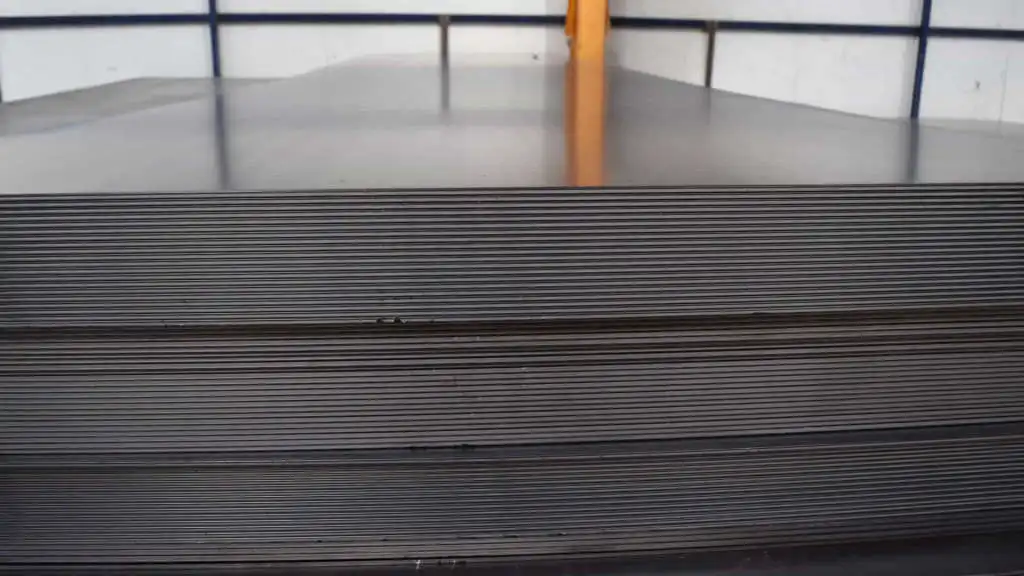Width : 600 – 1550 mm
Thickness: 1,5 – 5,00 mm
Grade: DD11 – DD11(Cu) – DD12 – DD13 – DD14

Technical Features
The increasing prevalence of HRP sheet products is primarily attributed to the characteristics of this material. HRP sheets, first and foremost, possess high tensile strength. Due to undergoing both hot and cold rolling procedures, the resistance of HRP sheets is significantly enhanced. Additionally, the corrosion resistance of HRP sheets is higher compared to regular iron. Even in areas with a high risk of corrosion, this material can be used for many years without problems. HRP sheets also stand out with their weldability levels. Welds applied to HRP sheets, which can form strong bonds with other metals, can remain intact for an extended period without deterioration.
Usage Area
The materials produced have surface smoothness, thickness, width, and physical properties tailored to specific expectations. They are generally suitable for cold forming. Accordingly, they find applications in kitchenware, ventilation systems, durable household appliances, the automotive sector, and radiators. They can be used in applications as per the users’ preferences.
They are utilized in the white goods and automotive sectors, particularly in areas requiring superior formability, resistance to aging, and prominent deep drawing processes.
Steels with deep drawing capability, suitable for enamel coating, are used in the manufacturing of kitchenware items such as pots, oven grates, etc. Surfaces of hot-rolled sheets may not always be suitable for use due to scale. Sheets that are hot-rolled, pickled, and acidified are generally used for deep drawing, bending, and drawing processes.
These products do not have a requirement for precise surface quality. However, they can be used in all applications where rigidity, strength, and paintability are necessary. Sheets cleaned with acid are used in the manufacturing sector of machines and also in the automotive sector where the surface is cleaned with acid seconds after manufacturing. Cleaning the surface of sheets with acid after machine manufacturing provides more economical benefits. Therefore, manufacturers generally prefer materials with surfaces cleaned with acid.
High-strength steels suitable for cold forming can be preferred in all applications requiring high impact resistance, formability, and fatigue resistance. They are successfully used in the manufacture of LPG cylinders. These products, successful in the construction sector, are generally preferred due to their formability.
